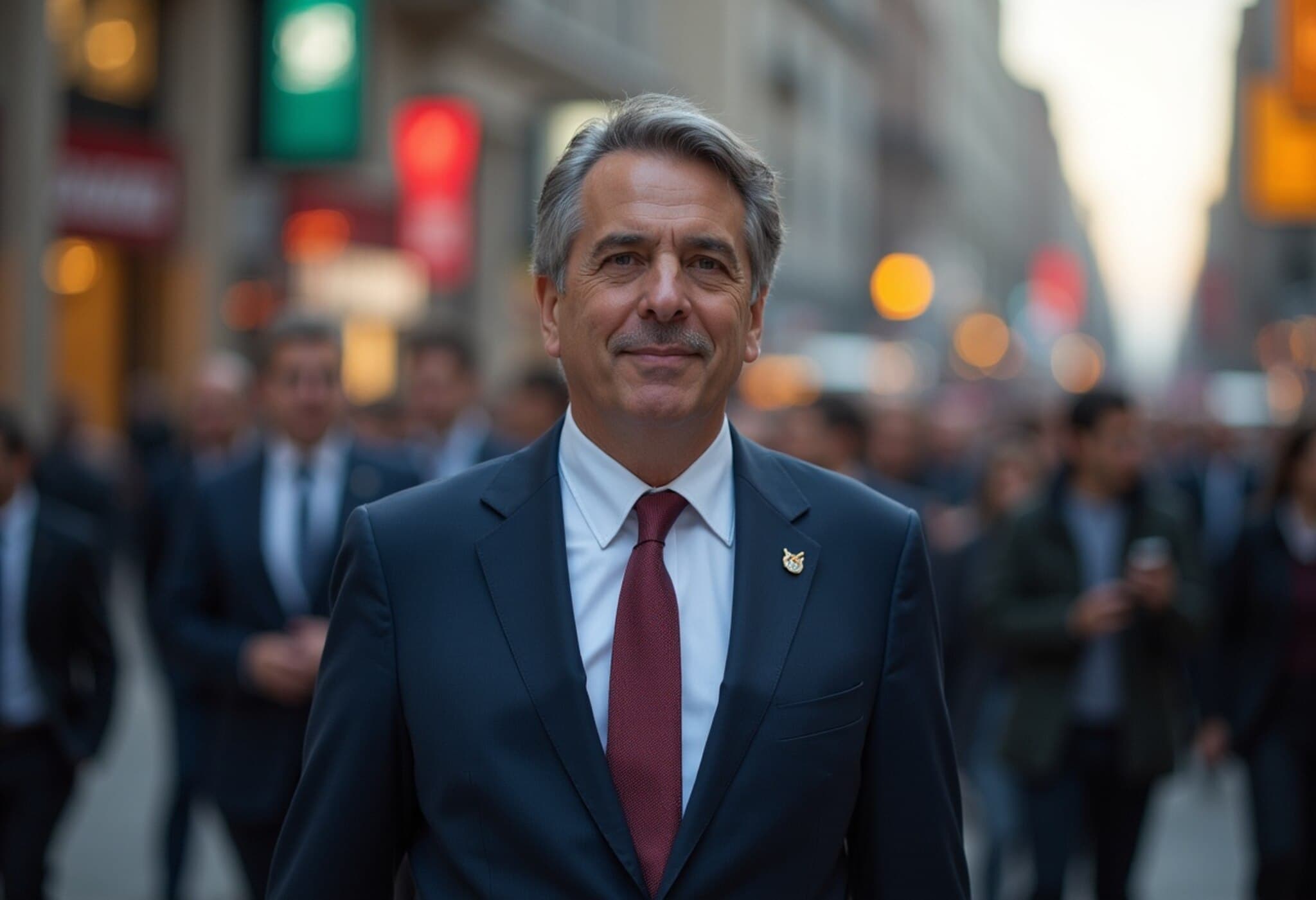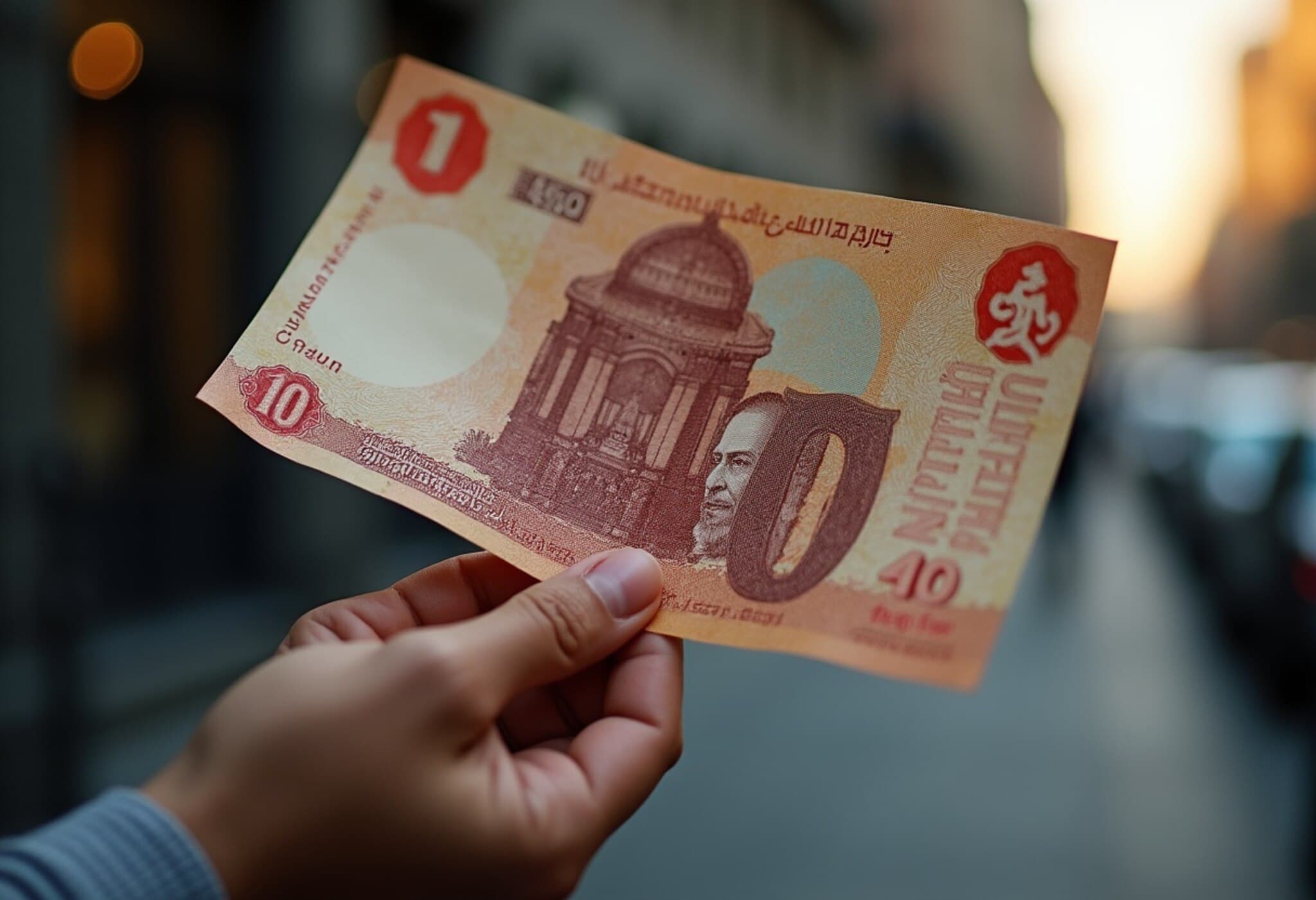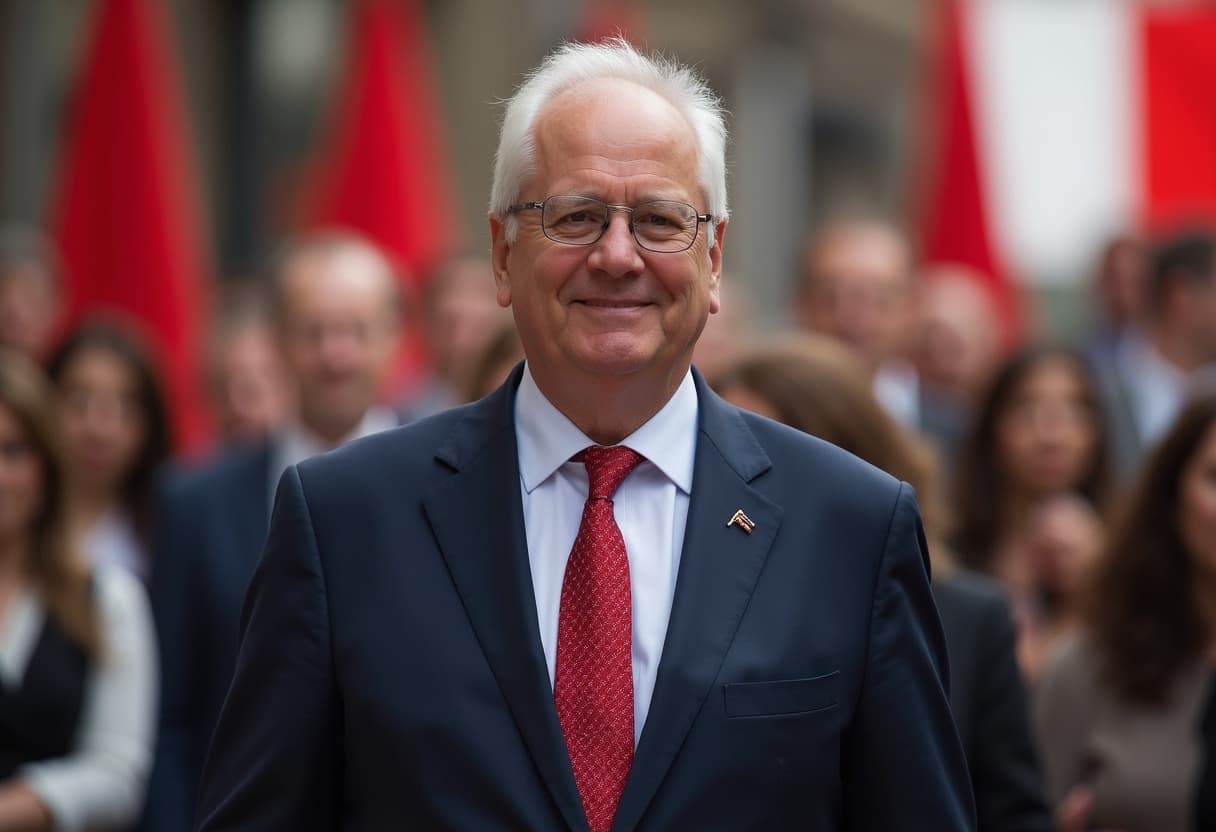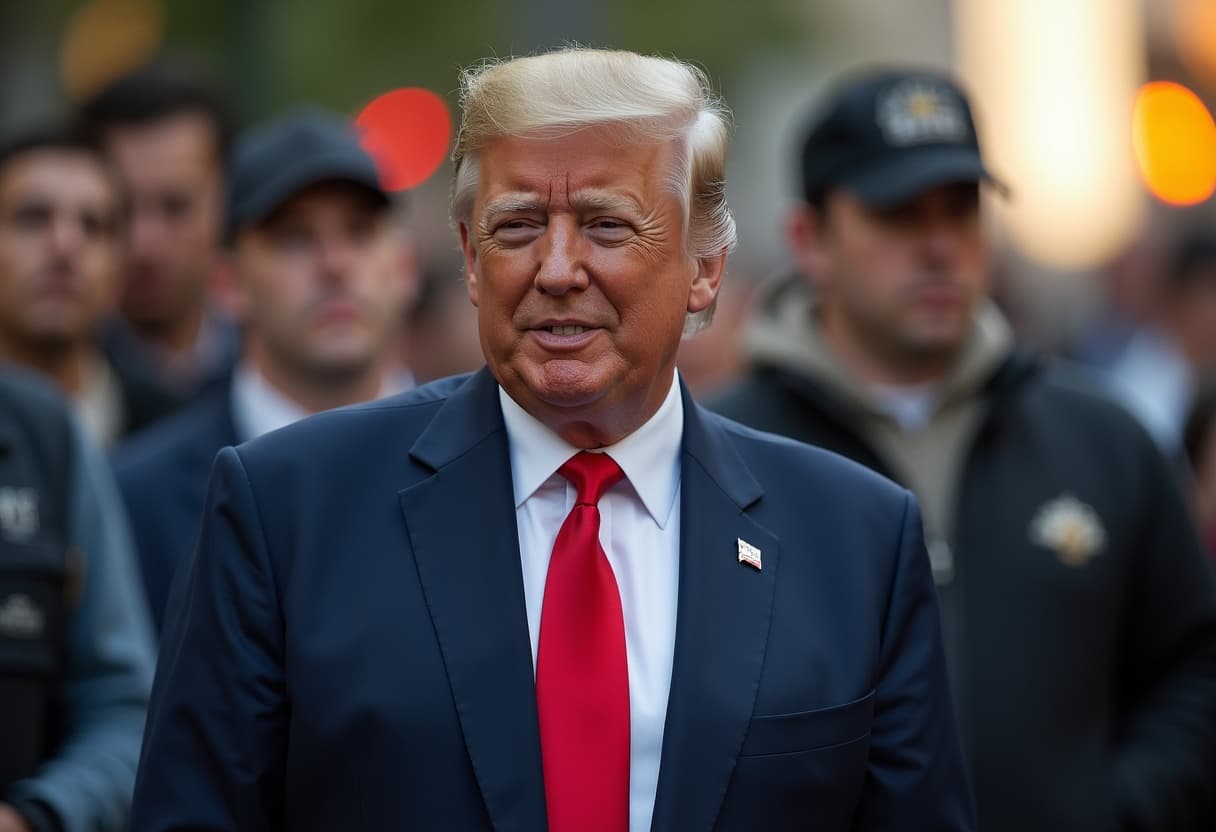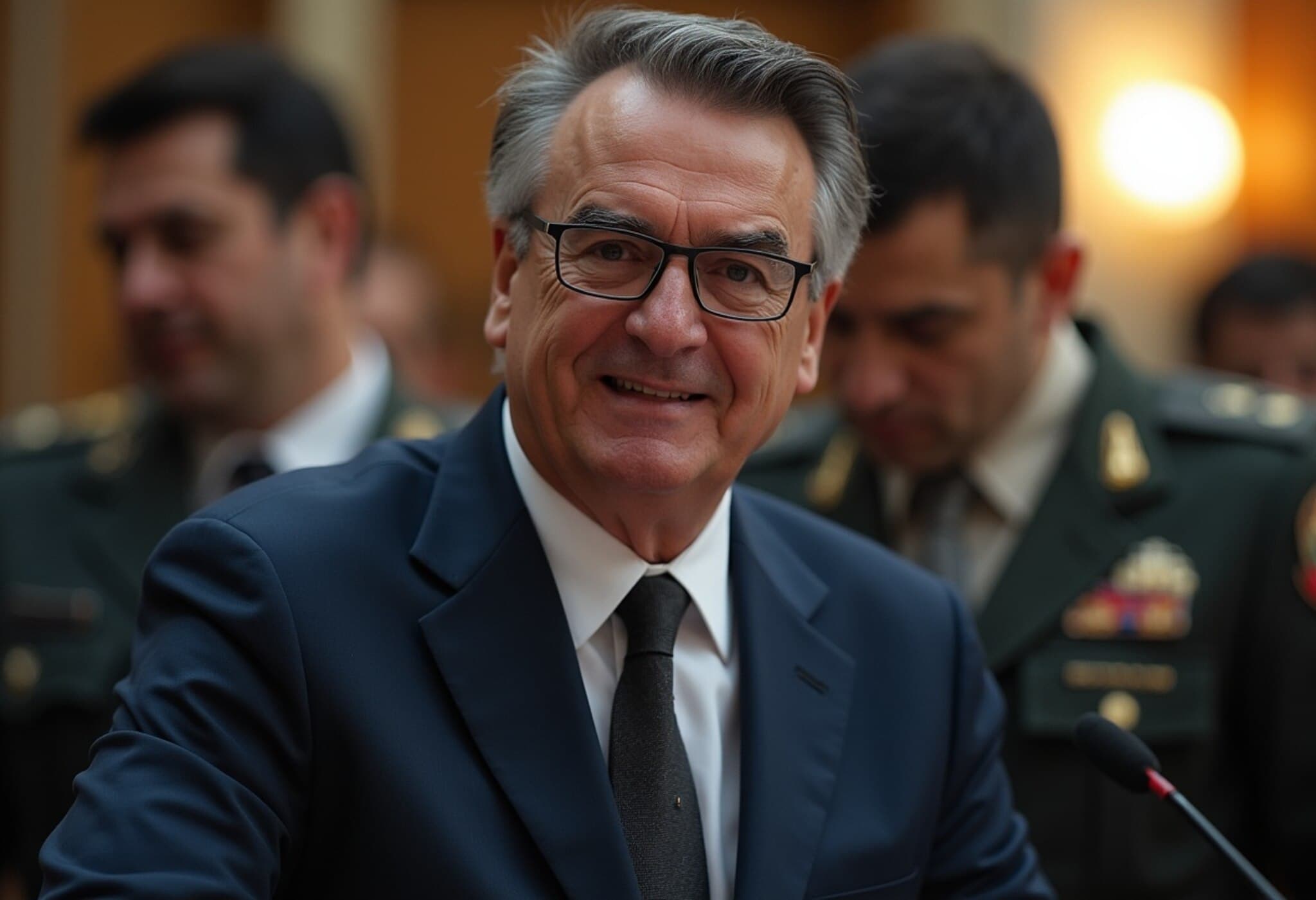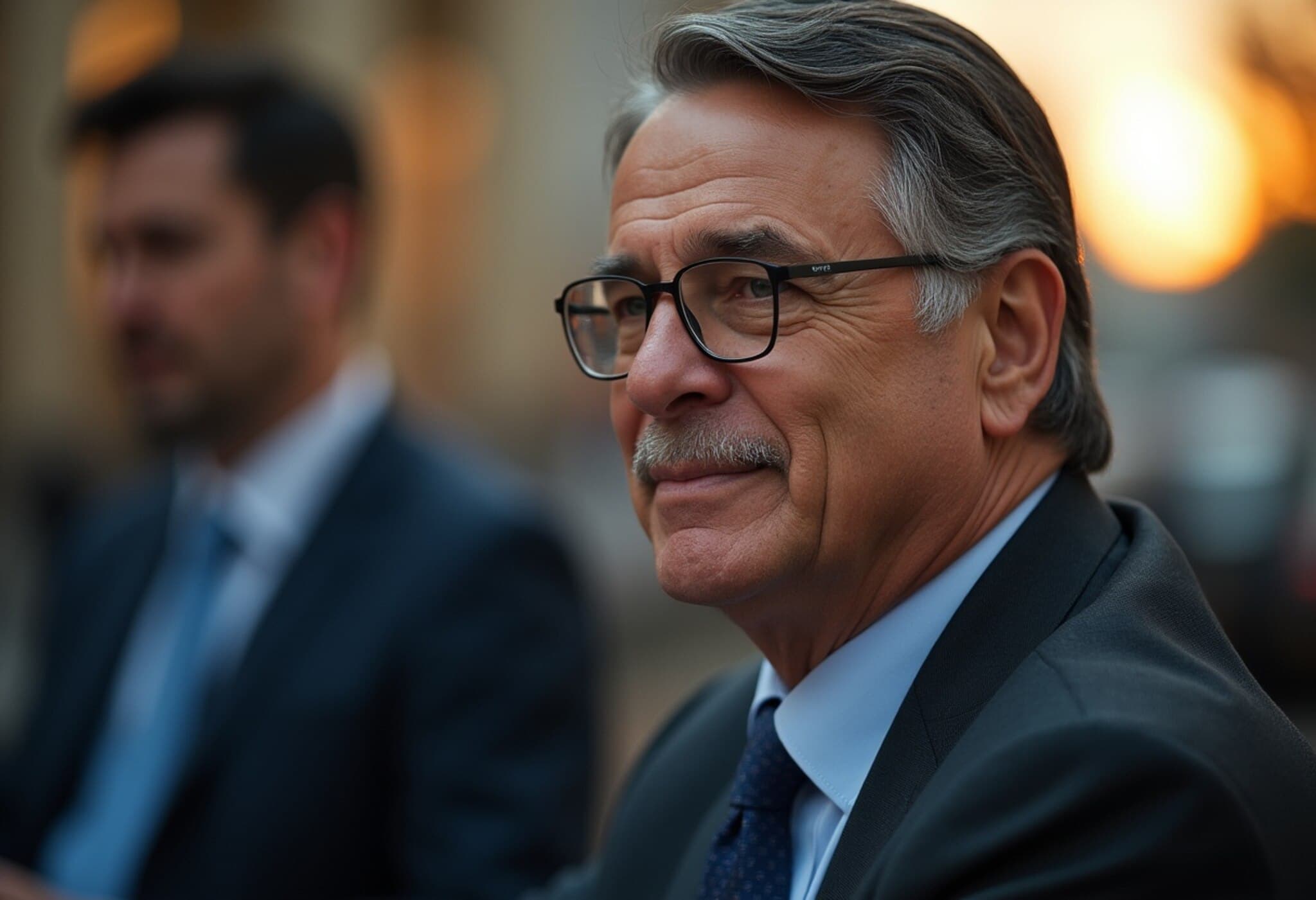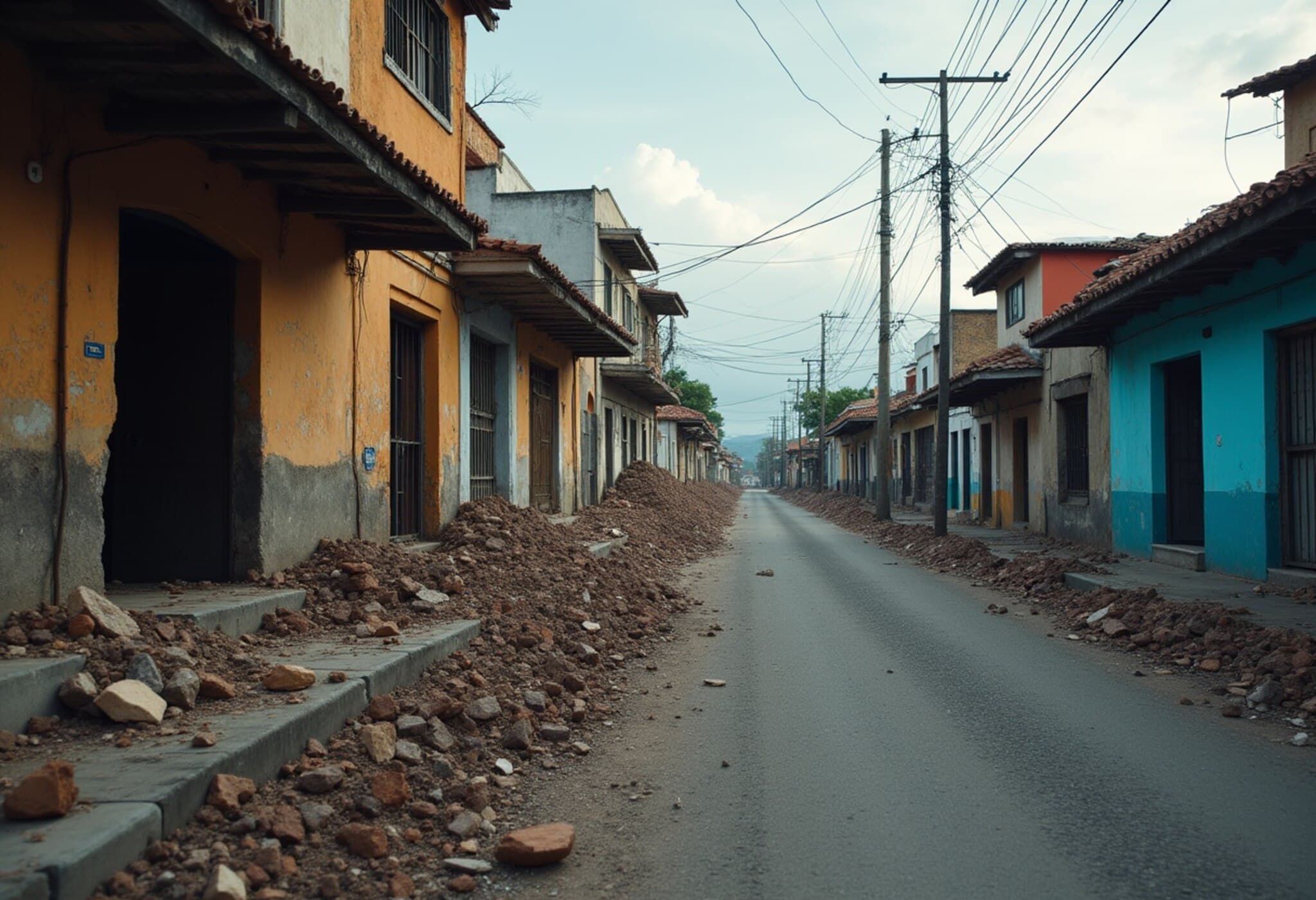Argentina’s Bold Economic Experiment Hits Rough Waters
For nearly two years, Argentine President Javier Milei rode a wave of hope and anticipation, promising to revive a nation long plagued by economic instability. As a self-styled radical libertarian, Milei implemented sharp austerity measures — slashing public spending, cutting down government payrolls, and restricting inflation controls — all in an ambitious bid to restore fiscal health.
Despite initial optimism, recent weeks have exposed the vulnerabilities beneath Milei’s economic overhaul. The peso plunged amid investor panic, prompting fears of a looming debt default on Argentina’s sizable international loans. In a surprising twist of international support, former U.S. President Donald Trump has publicly extended a lifeline to Milei, while the U.S. Treasury vowed to act decisively to stabilize Argentina’s fragile financial landscape.
Trump’s Unusual Support Amplifies Argentina’s Geopolitical Significance
The U.S. Treasury, under Secretary Scott Bessent, declared a readiness to “[do] what is needed” to prevent market turmoil from undermining Milei’s reforms — a rare show of confidence reflecting both Milei’s alignment with certain U.S. conservative politics and the strategic importance of Argentina. Trump has lauded Milei as his “favorite president” and praised his efforts to “Make Argentina Great Again,” echoing his own political rhetoric.
This U.S. engagement comes at a time when China’s influence in Latin America grows, and America seeks to secure access to key resources such as lithium — essential for green technology — abundant in Argentina. However, this alliance also risks stirring concerns among Argentines wary of historic U.S. interventions in the region.
The Human Cost of Austerity and Political Backlash
While Milei has indeed cut monthly inflation from 12.8% to under 2%, these gains have come with significant social hardship. Tens of thousands of public employees were laid off, and government spending on welfare, research, transportation subsidies, and health has sharply contracted.
- Nearly one-third of Argentines now live in poverty.
- Public services and subsidies vital to many have become less accessible.
- Protests have erupted nationwide, reflecting growing dissatisfaction.
These economic pains are tangible in the lives of citizens like Leonardo Gabriel Ramírez, a 27-year-old Buenos Aires liquor clerk, who observes that “My grandmother can’t afford her medicine. All they do is support the wealthiest.” This sentiment underscores a widening gap between the government's austere economics and the everyday struggles of ordinary citizens.
Political Challenges Loom
Milei’s economic platform now faces its first major electoral test in upcoming legislative elections, after suffering losses in key provincial races and grappling with a defiant Congress resistant to deeper spending cuts.
Moreover, the president’s credibility has been dented by corruption allegations involving his sister, Karina Milei, and a visible erosion in public approval — currently around 54% disapproval, up from 44% earlier in the year.
Economic Missteps and Structural Vulnerabilities
Experts acknowledge that while Milei’s reforms have addressed long-standing fiscal excesses, critical miscalculations threaten his agenda. A major issue stems from the mishandling of Argentina’s currency stabilization strategy. Milei’s rapid devaluation and liberalization of the peso’s exchange regime came without building sufficient foreign currency reserves to defend the peso in volatile markets.
The central bank has had to deploy scarce reserves to stem currency freefall, raising alarms about Argentina’s ability to honor its foreign debt, given its notorious record of defaults over past decades.
International Monetary Fund veteran Alejandro Werner commends Milei’s bold approach but warns, “No amount of U.S. firepower will be sufficient if Milei doesn’t pivot toward sustainable, long-term economic policies tied to structural reforms.”
What Lies Ahead for Argentina?
The coming months will be critical for President Milei and Argentina’s turbulent economy. With rising public disenchantment and international support just a temporary balm, the path forward demands a delicate balance:
- Implementing reform without deepening social inequality;
- Rebuilding trust with both voters and international creditors;
- Ensuring that foreign alliances bolster rather than complicate national sovereignty;
- Containing inflation and fostering genuine economic growth;
- And managing political opposition within the country’s legislature.
Ultimately, Milei’s fate may serve as a revealing case study for other nations wrestling with the challenge of taming entrenched fiscal crises while safeguarding citizens’ wellbeing.
Editor’s Note
Argentina’s current crisis underscores the limits of rapid austerity-driven reforms absent robust economic and social frameworks. The interplay between domestic policy, international intervention, and political will remains fragile. Readers should consider: How can governments implement tough reforms without alienating the very populations they aim to help? And to what extent should foreign powers engage in such sovereign economic challenges? Argentina’s unfolding story may illuminate these broader dilemmas facing many countries today.

